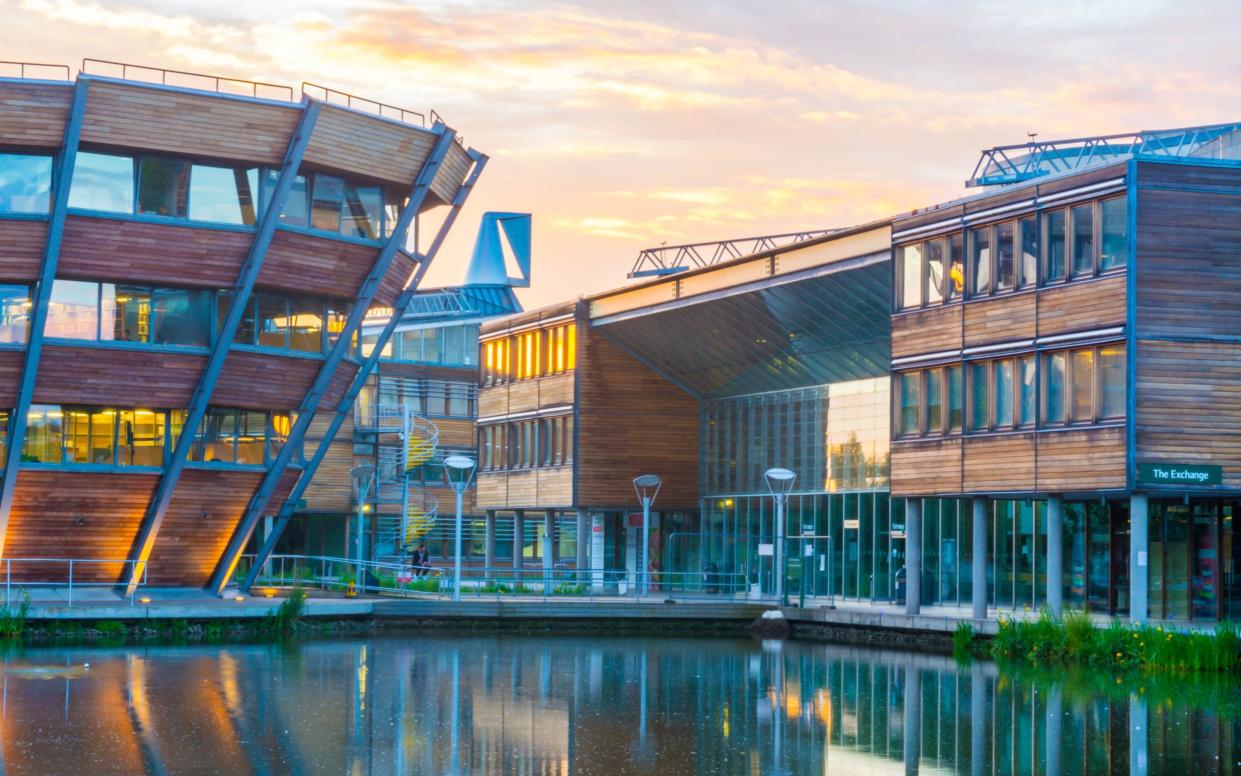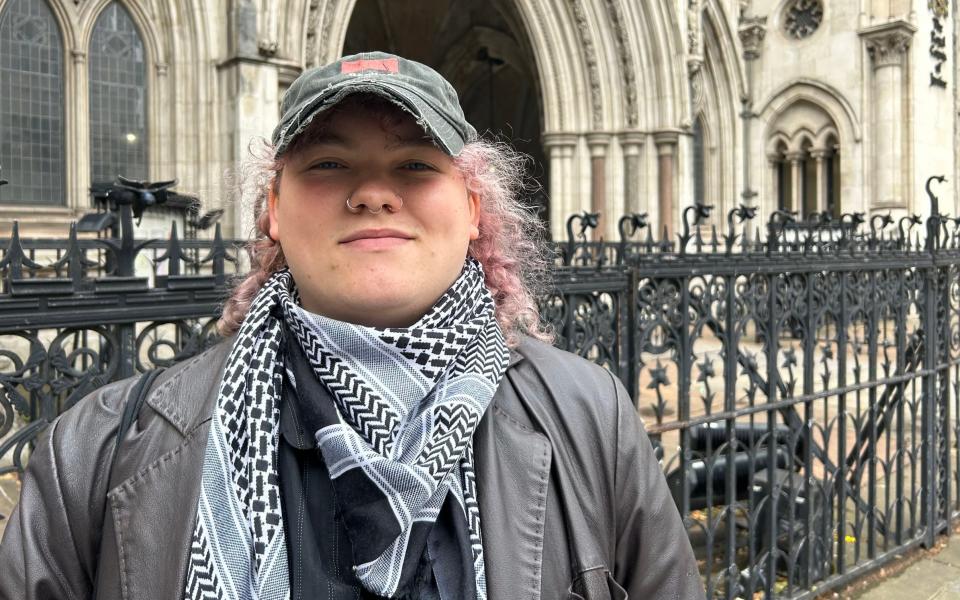Nottingham becomes third university to request court order against pro-Palestine student encampments

The University of Nottingham has become the third university to ask the courts to intervene in its attempt to end a pro-Palestinian protest encampment on its land.
On Friday, the university’s lawyers asked a judge to issue a possession order against “persons unknown” on its Jubilee Campus where tents were first pitched in early May.
They argue protesters are trespassing on private land and that the camp has been linked with “disruption and unlawful activities” during open days last month as well as health and safety concerns.
Lawyers for the only named defendant in the legal action, 24-year-old River Butterworth from Warwickshire, argue that a court order helping to “evict” the “peaceful” encampment would be a “disproportionate interference” with their rights to freedom of speech and expression.
The hearing in London comes a day after the University of Birmingham sought a similar High Court order against a pro-Palestine encampment at the Green Heart outdoor area on its Edgbaston campus.
It also comes after the London School of Economics secured a Central London county court order indefinitely barring encampments in one of its buildings after students slept in its atrium for more than a month in support of Palestine.
Queen Mary University of London has previously said it would take legal action to secure possession over its Mile End campus if protest encampments did not end.
Katharine Holland KC, for the University of Nottingham, said in written submissions that it faced an “unlawful occupational encampment” and had “a duty to safeguard university assets”.
She said the legal action “does not remove the rights of the defendants to freedom of expression or assembly or to undertake a legitimate protest” and that the university was not denying protesters the use of land “for any reason connected with their beliefs, policy or objectives”.

Ms Holland said: “The reality of the position here is that the occupiers have taken up occupation on an area of land and put up camps there in order to seek to force the university to surrender to certain demands.
“It is submitted that direct action of this nature is not, and should not be, within the scope of ‘freedom of expression’ or ‘freedom of assembly’.”
Owen Greenhall, representing the defendant, said the protest called for divestment from companies “complicit in the Israeli occupation of Palestine”, with the camp positioned near the advanced manufacturing building where the university allegedly “conducts research for arms companies”.
Mr Greenhall said the encampment, currently of around 10 to 15 tents, “symbolises the many thousands of displaced Palestinians” and had not caused “any substantial disruption, disturbance or harm”.
The defendant was not a trespasser and had a “licence” to protest on university land, the court was told. The defendant said they were suspended from their role as a postgraduate officer of the students’ union because they participated in protests.
A court order was unnecessary and not justified, Mr Greenhall said, adding that the university had failed to comply with legal duties and its free speech policy.
The hearing before Mr Justice Johnson ended on Friday, with the judge to issue a written ruling over the Birmingham and Nottingham cases at a later date.


 Yahoo News
Yahoo News 
